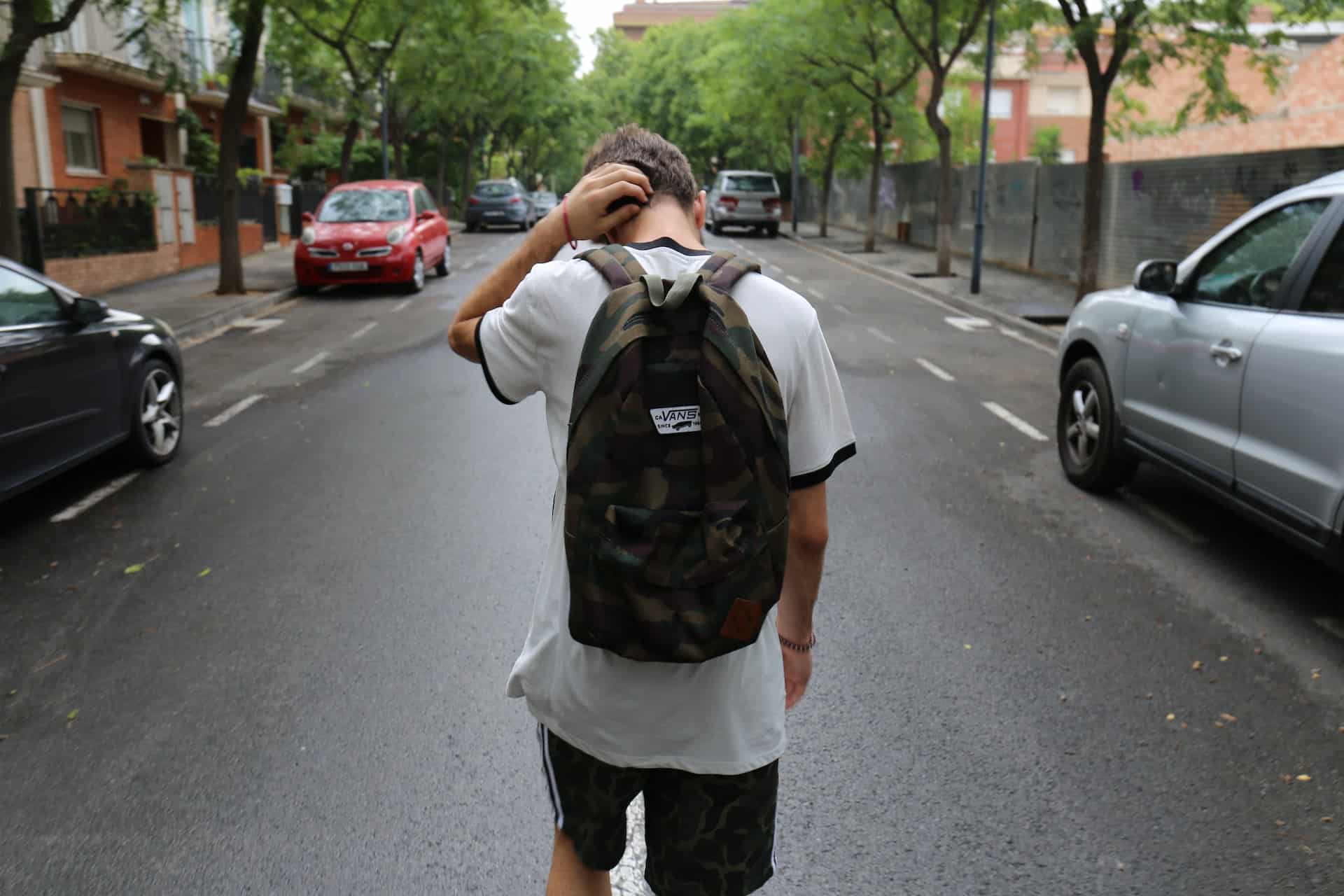Trauma can happen to anyone. Including teenagers that have experienced certain events. Whether it’s a death in the family, a serious accident, or a tragic event at school, teenagers will need to find ways to overcome it. This 10 point guide will be helpful.
If your teenager is dealing with trauma, it’s important to make sure they get the help they need. For more information, you can visit the BasePoint Academy website. Let’s talk more about teenagers and how you can help them overcome a traumatic event.
IMAGE: UNSPLASH
Talk To Them
Communication is vital. Especially when teenagers are going through a rough time after a tragic event that caused the trauma they experienced. They might not be comfortable talking about it.
Yet, it’s up to you to remind them that it’s OK to talk about it. As a parent, they are perhaps one of the most trustworthy people to a teen. The truth is, they need you.
Don’t pressure them to talk. Encourage them to talk about their feelings and let them know that it can be between you two. Trust each other and keep things in strict confidence.
Give Them A Safe Place
Privacy ties into safety and stability. If they are dealing with the aftermath of a traumatic event, you’ll want to make sure you give them a place to help them feel safe and welcome. Let them know that your home is the place where they can be themselves.
Let them know it’s a place where they can talk, express their emotions, and manage their stress. This will also give them enough privacy away from other people. A traumatic event can cause a teen not to interact with others outside of their home (and this is understandable).
Do Something Together
Fun activities that you and your teen can do together can be a great idea. Especially if it’s something that can help them mentally isolate themselves from the trauma they have experienced. Physical activity can improve a teen’s mental health.
Spend a day outdoors and go hiking, walking, or even swimming. If the weather doesn’t seem to be cooperating, have a movie day together. Consider your selection carefully as some of the scenes in a certain movie can cause flashbacks to the traumatic event your teen has experienced.
Other indoor activities include playing board or card games. Whatever the activity, make sure it’s fun and exciting.
Reduce Media Use
Your teen may be exposed to the media on a regular basis. This includes but are not limited to what’s on TV or social media. Traumatic events such as school shootings may have regular reports of what went on.
The description of these events can even be embellished by the media. This can be unsettling for a teen. It’s important to let your teen know that misinformation can happen and the media may not know the real story.
A reduction in media can ease a teen’s mind when they are dealing with the effects of a traumatic event.
Allow Them To Express Sadness
After a traumatic event, a teen may feel sad. They may even cry at times. It’s important that you allow them to express sadness.
Don’t deny them this. If they feel the need to cry, allow them. It’s normal and it’s something that happens when people are sad about a traumatic event that has happened. Let them know that it’s OK to express themselves.
You can be at their side to comfort and support them. As a parent, you can be the biggest support system for them at a time when they feel their lowest.
Make Sure They Get Enough Sleep
Teens will need at least nine hours of sleep each night. It may seem difficult despite the tragic events they have dealt with. To ensure that they are emotionally healthy, make sure they are getting a good night’s sleep.
This can help them maintain their emotions and stress levels better. If they experience nightmares or flashbacks about the event, you can remind them that it’s OK to talk about it if they feel comfortable doing so. A regular night’s sleep can be good for mental and emotional health.
Keep Them Away From Drugs Or Alcohol
Teens may use drugs or alcohol to self-medicate from mental pain. This can get to a point where they can abuse them regularly. They may even develop an addiction.
That’s why it’s important for you to make sure there are no alcohol or drugs inside your home. Dispose of any alcoholic beverages inside your home. Hide prescription drugs in a place where your teen cannot access.
Encourage Physical Activity
As mentioned earlier, physical activity can help boost a person’s mood. Encourage them to go outdoors and do exercises such as walk, run, or even play basketball. This can boost the level of endorphins that will allow them to feel good.
Physical activity can also lessen stress levels. And it can help them distance themselves from the thoughts of a traumatic event.
Have Them Eat Well
A healthy diet can boost mood. It can also help improve their physical health as well. This can include but not limited to fruits, veggies, and protein-rich foods like meat and fish.
Some specific diets can also help with depression as well. If you like, check out the Mediterranean diet to see what can be included for your teen.
Make Sure They Get Professional Help
Professional help is perhaps the best option. You can have them visit a counselor that specializes in teens. Even better if they are someone who specializes in mental disorders such as post traumatic stress disorder (or PTSD).
However, you don’t have to wait until things take a turn for the worse. You can help them talk to a professional at the earliest time possible. Regular talk therapy can be helpful in allowing your teen talk about the traumatic event, their feelings, and how they’re dealing with it.
Don’t let this be a substitute for your talk sessions with your teen. You can still do your part to help them out with the trauma they have dealt with.


COMMENTS